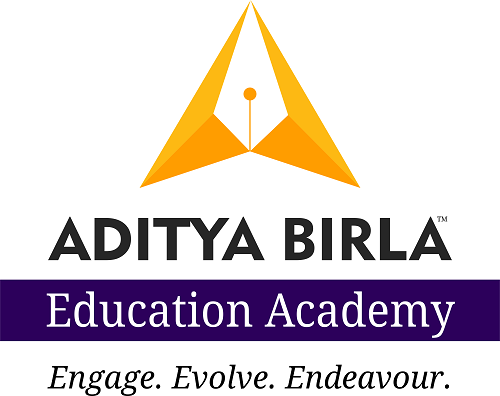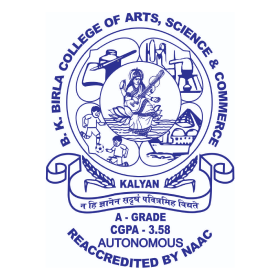Workshops for teachers in India have been a priority for most leading schools and organizations. With the advent of technology and the forced hybrid migration due to the pandemic, schools have opted for
online workshops for teachers since 2020.
However, now that schools are slowly reopening in India, schools are warming up to the idea of offline face-to-face workshops for teachers.
Let us explore a few criteria that help us understand the difference between online and offline workshops for teacher training and the benefits of both.
- Method of training:
While
online teacher training workshops use more digitized tools for learning and collaboration, offline workshops use more traditional methods and allow for informal discussions, team building, and inclusion of the “human touch” which is missing in the online mode of learning.
- Cost & Time:
This is an important factor to consider for schools. Face-to-face workshops turn out to be more time-consuming as you need to account for travel time and teachers need to free up their schedule before and after the sessions. Cost also plays an important role here.
Online teacher training workshops have opened doors for teachers to learn from different educators across the globe and at a fraction of the cost of face-to-face sessions.
- Location:
Workshops for teachers online allow teachers to connect with other teachers and facilitators from across the world. Physical classrooms may create a constraint in this aspect and can be limiting while providing opportunities for teachers’ learning and development.
- Flexibility:
Online workshops can be held at any time of the day and can be flexible in terms of date, space, etc. Asynchronous modes of learning can provide teachers with the chance to learn at their own pace and as per their requirements. Offline workshops on the other hand usually follow a more rigid and strict schedule.
- Communication:
In online workshops for teachers, all the communication happens virtually - sometimes at the same time, and in the case of asynchronous sessions, it may happen at different times. A lot can be lost in transition in such cases. Poor connectivity, teachers not being mentally present in the class, and other issues may limit the smooth flow of communication. Face-to-face sessions allow the facilitator to view and understand the teachers better and gauge their levels of interest, grasping power, etc. It becomes easier to plan activities and measure outcomes in the offline mode too.
Offline & online modes of learning have their own advantages and disadvantages. Ultimately, it is important that schools focus on training their teachers via modes that work for them! It is imperative to focus on ensuring that training takes place and that teachers are given a fair chance to learn and grow as they shape the minds of our future generation!
Also read,
/blog-how-is-abea-online-workshop-for-teachers-different-from-others
/blog-what-to-expect-from-an-online-teacher-training-workshop
/blog-why-is-an-educators-upskill-program-important-find-the-best-online-seminar-for-teachers
/blog-tips-for-educators-to-upskill-reskill-attend-the-best-online-workshops-for-teachers








